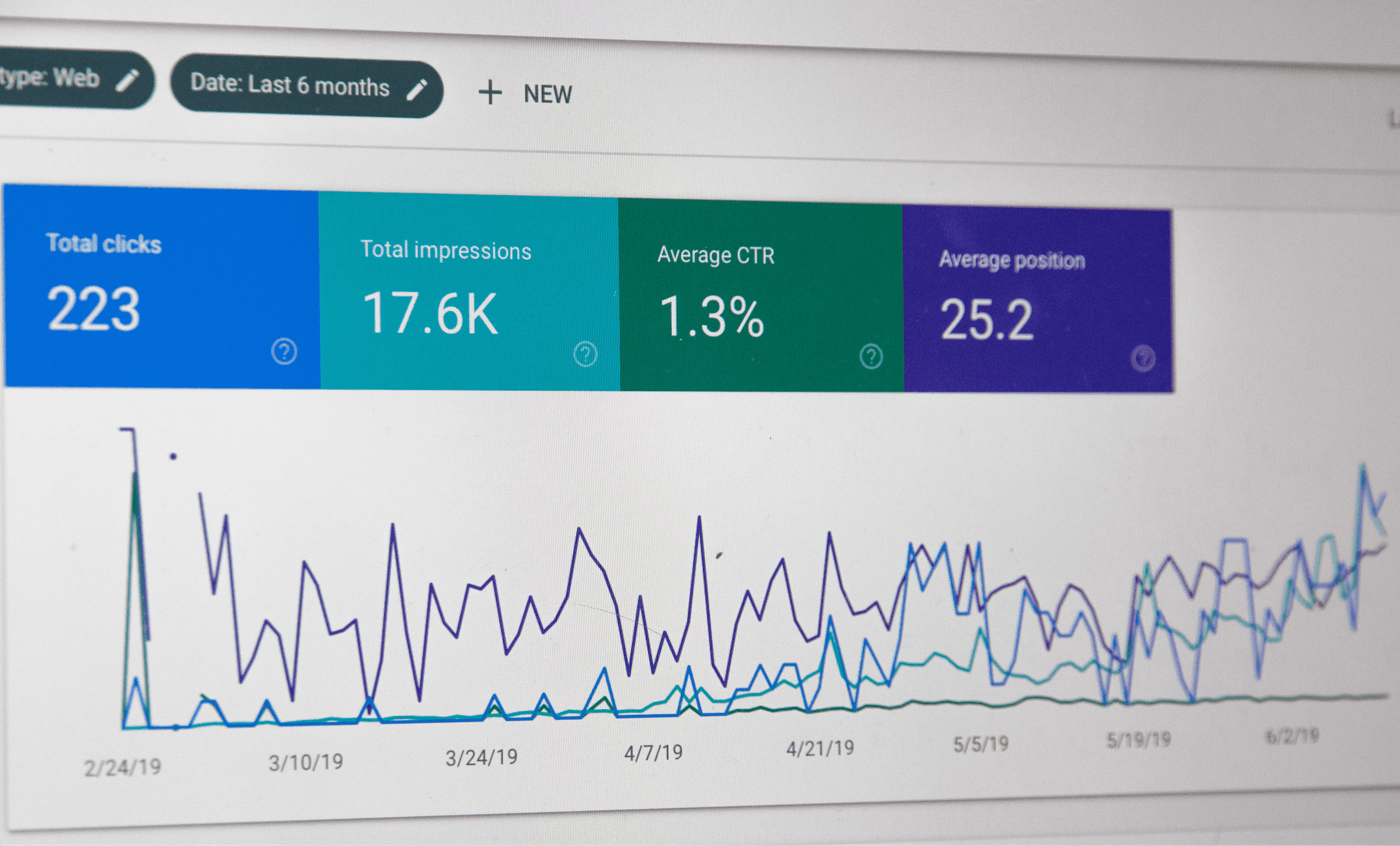How To Improve Website Traffic [Easy Steps!]

Today, it is more important than ever to have a website. Whether you run your own business, blog, or informational site, achieving considerable success without a traffic-generating website is impossible.
So, what can you do to improve your website traffic? Let’s take a look.
SEO Optimization

When producing content for the internet, one of the main things you need to be cognizant about is search engine optimization (SEO). SEO is a marketing method used by anyone with a website (which is just about everyone these days) to improve rankings through search engines such as Google. The higher your ranking is, the more traffic your website will receive, and the more people will read your content and buy your goods and services.
Knowing about SEO is certainly useful, but what is the point of having people click on your website if they will almost instantly click off of it? There are many different methods to improve your SEO rankings, but with the right content, you will also have the ability to increase conversions.
-
Keywords
Before we get into the nitty-gritty of what exactly your content should consist of, let’s talk about keywords.
Keywords are specific words or phrases that play a major role in a website’s SEO ranking.
As a high-return marketing strategy, keywords are not to be taken lightly. When you are producing content for your website, you need to have an idea of who your audience is and what exactly they will be searching for on the internet.
Here are the steps you should take to find out what keywords will most improve your rankings:
1. Research your competition. Knowing what works for the market will help you brand your business.
2. Use a keyword research tool to get accurate information about which keywords produce the most conversions in your market. To get a feel for how this works, use this free tool to research different keywords to see how valuable they may be for your marketing. Keep in mind that some of the most effective keywords for conversions may be “long tail keywords,” which are more specific in terms of what the consumer is searching for. The more specific their search is, the more likely they are to produce conversions for a website that exactly matches their needs.
3. Knowledge is Power. Keyword research gives you insight into what your consumer audience is specifically looking for. Once you find your niche audience, you can predict shifts in demand through search engine research, allowing you to remain one step ahead of your audience.
Content Optimization

While consumers use keywords to search for what they are looking for, content writing needs to include several different aspects that not only draw people to your website but make them stay.
Content needs to include the following things: specificity, relevance, quality, and efficiency.
1. Specificity
According to many online marketing gurus, specificity is key. Digital marketing focuses on micro-audiences, which means that content needs to reach its specific readers only. The more specific the information your content is, the better it will fill the needs of your potential consumers. If you reach out to the mass public, you are much less likely to get the amount of conversions you desire.
2. Relevance
Your content should be relevant to your audience. Knowing your audience, in this case, is everything. You need to be able to predict what they are looking for and provide them with just that – keyword research can be helpful here. If your content is relevant to the visitors who are most likely to interact with your website in the way you want them to, then you will end up with more conversions.
3. Quality
The higher the quality of your content, the more people are likely to trust you and your brand, resulting in higher conversion rates (which means higher revenues for online businesses). Search engines are able to track which websites get the most interactions, but more importantly, they are able to explain why.
Some characteristics of a highly ranked website include a professional design, accessibility on different platforms, and legitimacy and credibility of content. In terms of quality, focus not only on your informational content but on the quality of its presentation.
4. Efficiency
According to research, 79% of online users scan websites as opposed to reading them word-for-word. This means that your content should be easy to read, not overly verbose, and clear in terms of its main points. It only takes a few seconds for a visitor to decide whether they want to stay on your website and explore more of what it has to offer. That is why you need to optimize your content to present quick, easy-to-read information that is relevant to your desired audience.
Conclusion

By embracing these principles, you not only improve your website’s search engine rankings but also create a user experience that fosters trust, credibility, and, ultimately, success in the competitive online arena. So, whether you’re running a business, managing a blog, or curating an informational site, the key to internet success begins with a strategic approach to SEO and content optimization. Need help with website optimization? Reach out to us today.








